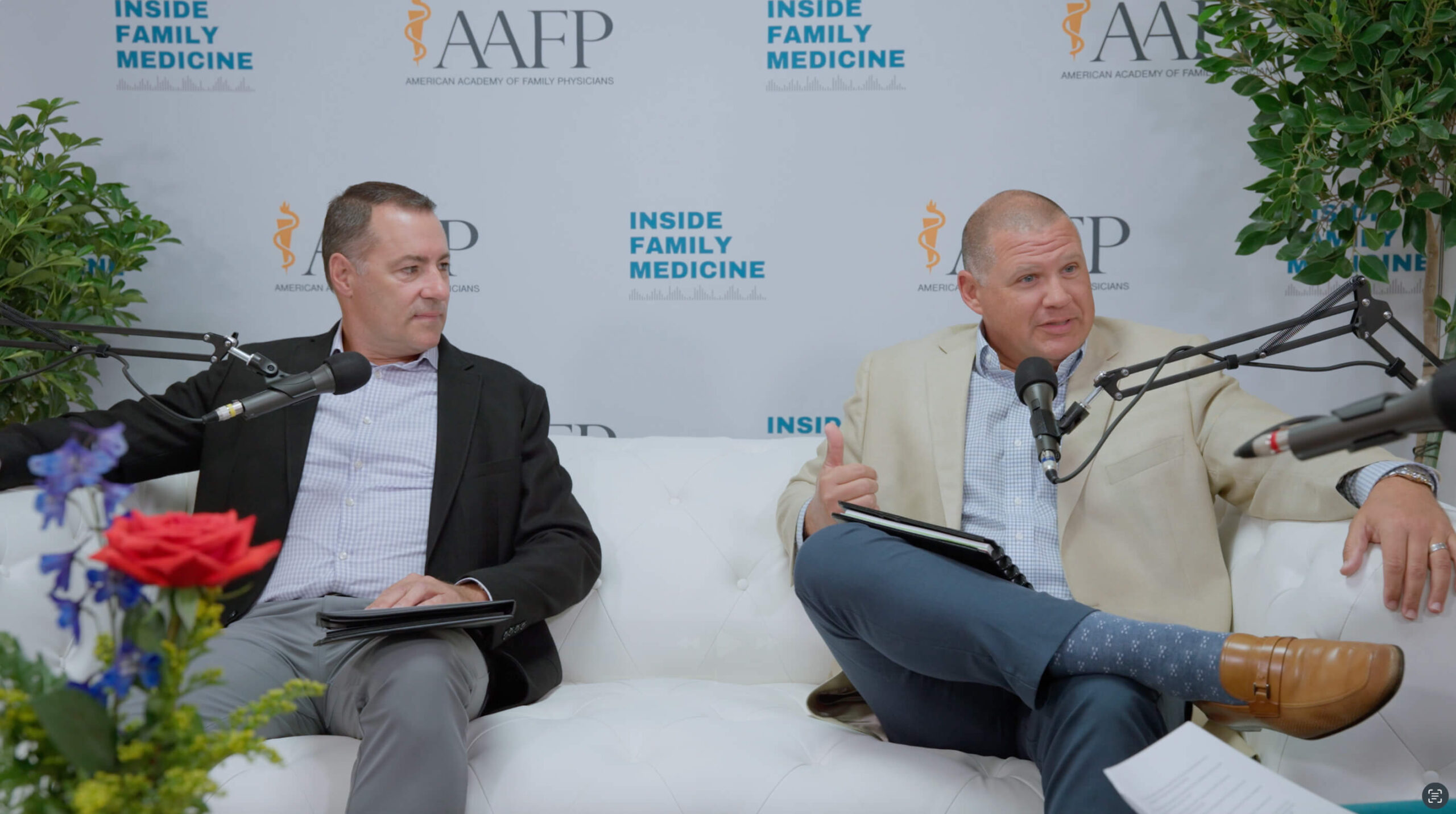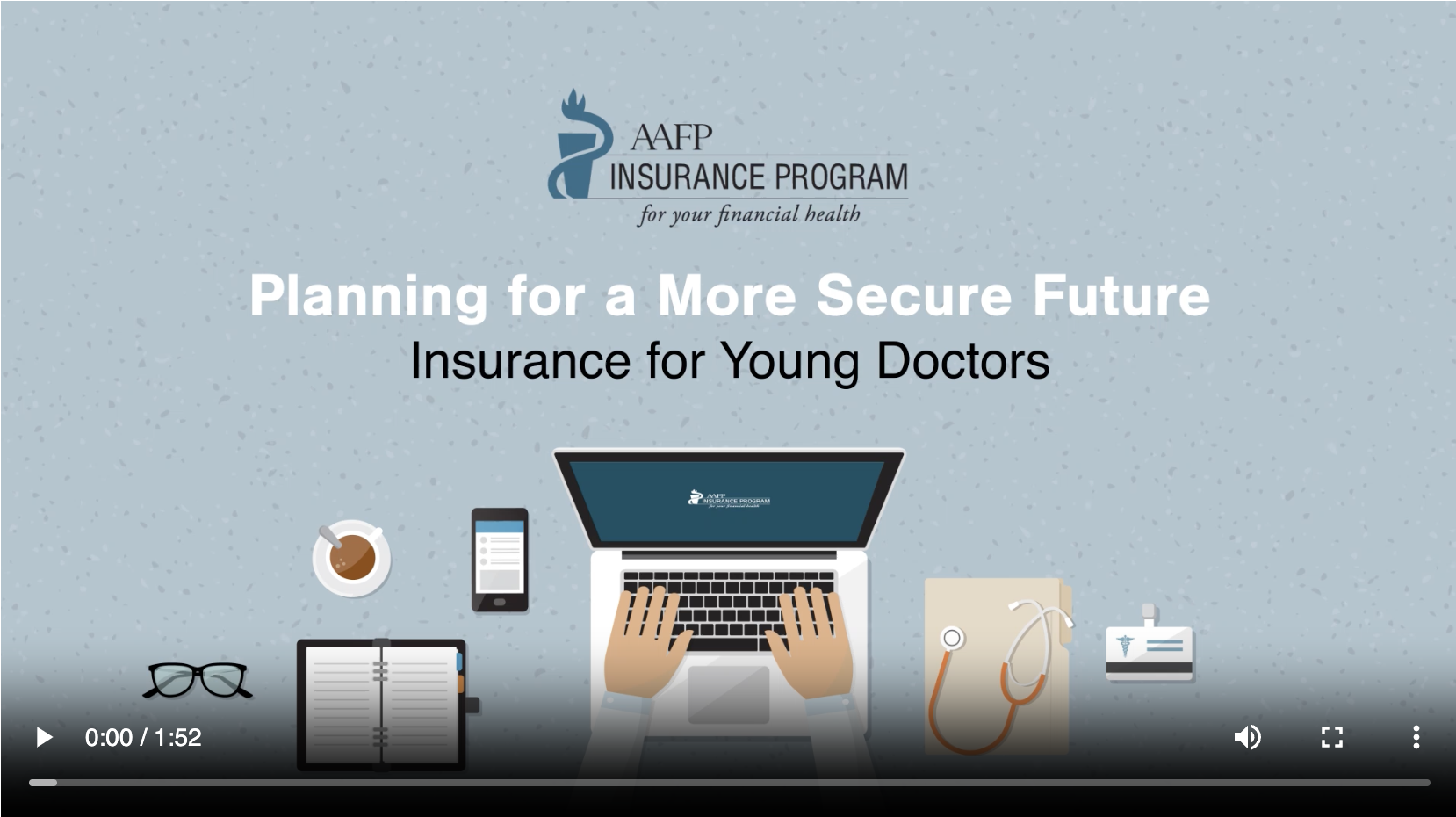 Without a doubt, the outbreak of SARS-CoV-2 caught the general public off guard. And even with their understanding of the potential for a pandemic, physicians likely did not expect the shutdowns of 2020. Even medical facilities could not have envisioned hospital tents set up in Seattle and New York’s Central Park for all their emergency planning.
Without a doubt, the outbreak of SARS-CoV-2 caught the general public off guard. And even with their understanding of the potential for a pandemic, physicians likely did not expect the shutdowns of 2020. Even medical facilities could not have envisioned hospital tents set up in Seattle and New York’s Central Park for all their emergency planning.
Beyond the medical emergency, physicians could never have anticipated the financial impact of COVID-19 on their practices. However, in the middle of the pandemic that locked down schools, businesses and most public facilities, hospitals postponed elective surgeries, and patients who feared infection canceled their annual checkups and routine wellness care visits.
Ironically, the medical emergency that put incredible demands on healthcare workers also ended up hitting many of them in the wallet. According to Commerce Department numbers, healthcare consumer spending plummeted 18% in the first quarter of 2020. That’s the largest decline since 1959, when the government first started keeping records.
Ultimately, while healthcare will recover, the lessons must not be forgotten. And, doctors, when it comes to building and protecting your financial security, you might want to treat 2020 as a wake-up call.
What should you learn from a year when the odds were stacked against many healthcare professionals? Earning power alone is not enough. It would help if you had a prescription for financial wellness.
Prescription #1: Be Prepared and Agile in Your Practice
Healthcare is an industry in flux. It has been for decades, and with the ever-larger role of government in healthcare decisions, it’s a reality with little likelihood to change. But with the potential for regulation to control (and change) your earning power, it’s critical to be prepared.
Technology, too, has a powerful impact beyond introducing new treatments, equipment, and medicines. The Internet and remote communication capabilities are changing the practice of medicine.
While telehealth and telemedicine have been around for several years, the COVID-19 outbreak has accelerated the need for and public acceptance of these services.
But are you prepared to act? If you are in private practice, the technology alone can cost as much as $30,000. You must be agile in your thinking and actions and have the financial means to adjust and grow. Expect the unexpected and prepare for emergencies.
Prescription #2: Manage Your Financial Health
After the 10 to 14 years of higher education required to practice medicine, this may be the last thing you want to hear: Despite all your knowledge and expertise, you may be unprepared to handle the money you’re making.
Of course, it’s not just you. Most Americans are poorly educated in budgeting and managing their finances. But physicians face an uphill battle due to several unique circumstances. They start earning later than their peers, carry an enormous burden of school debt, and could lose their ability to work in their profession at any time due to an accident, severe illness, or even burnout.
To overcome these obstacles, you might find it wise to:
- Learn how to manage money in your business and personal life, including tax issues and retirement planning.
- Understand how to defray risk, using insurance to protect your wealth and earning power, and invest intelligently.
- Find a financial advisor you trust who understands a physician’s unique requirements and can help you make sound decisions
Prescription #3: Live Within Your Means
Following on the heels of Prescription #2, the best way to manage your financial health is to acknowledge your financial weaknesses. And until you determine how best to prepare for your financial security, be extremely cautious with your money and tight with your spending.
Living within budget parameters can be difficult, especially for young doctors who are finally making money after years of sacrifice. It’s only human to want to enjoy the fruits of your labor. But it’s best to create a sensible budget and live within your means. Postpone the expensive cars, boats, and vacation homes until they fit comfortably within your financial plan.
Indeed, when you’re just starting out, you have a more significant expense that deserves your attention.
Prescription #4: Overcome Your Debt Shackle
The costs of medical education continue to rise. Just two years ago, the average medical student debt was roughly $194,000. That amount has now surpassed $230,000, not including undergraduate college debt. The weight of this burden makes it critical for you to pay down your school debt first.
Here are several tips to help:
- Defer your spending and continue living like a resident for your first several years in practice.
- Explore programs and opportunities to refinance your debt. As you do so, be careful you understand any protections you may give up when you refinance a federal student loan.
- If you can afford to make extra payments, do so to save on the cost of interest payments.
- Be very cautious of programs that defer repayment, especially while finishing up residency. Loan deferments could cost you much more later on. Instead, look for an income-driven repayment plan.
- Consider a public service or medical school loan forgiveness program; you can repay your debt by sharing your skills and expertise where they are needed most.
Prescription #5: Remember You’re Running a Business
Finally, if you have your own medical practice, you have a whole other level of challenges. In addition to practicing medicine, you need to think and perform like a business owner.
Again, accounting and financial management are not typically skills an aspiring physician learns in school. But there may be one missing element that is more critical than all the others. That is the management of people. Most clinics, medical groups, even most private practices today include additional support people.
You may need to manage a receptionist, bookkeeper, nurses, technicians, and other doctors. There are business management and leadership skills that make the difference between success and failure. Leadership training is essential to succeed in the C suite and top echelons of business. Your medical practice deserves the same degree of professionalism.
Your financial wellness requires more than a good education, superior skills, and earning power. You will be better off if you’re flexible enough to accommodate changes, have money management skills, ensure your financial security, and develop a leadership style that encourages others to do their best work.




